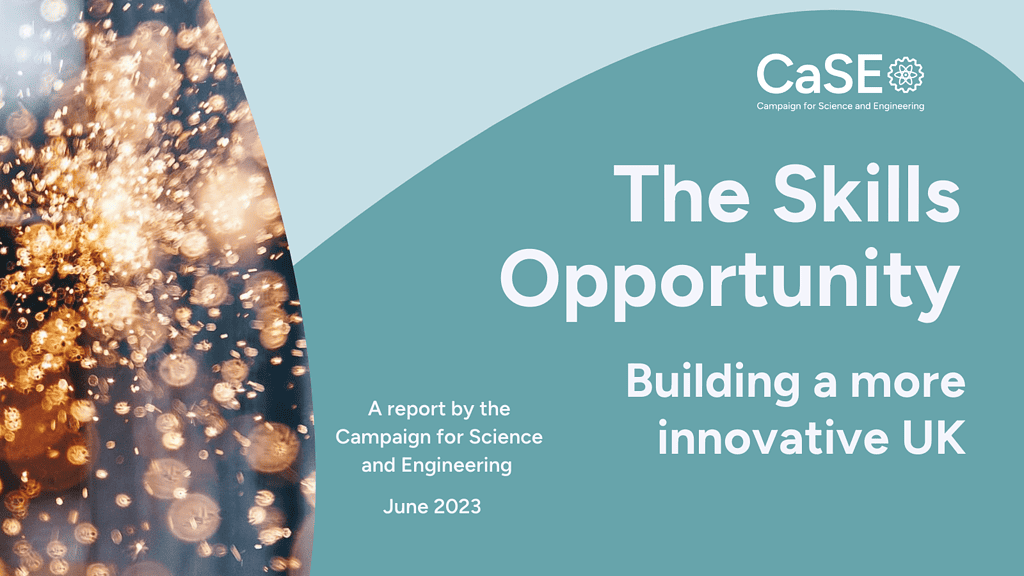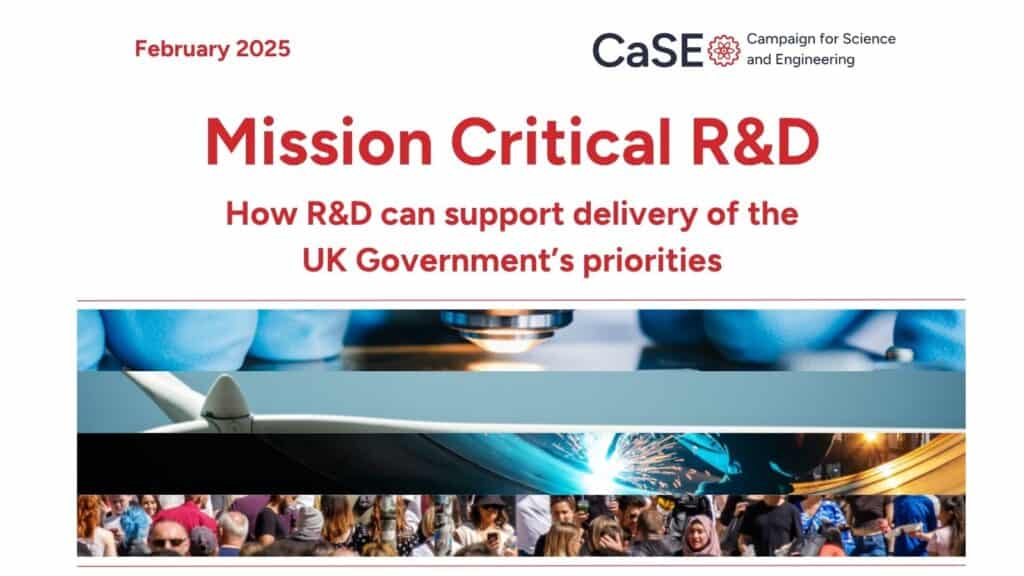STEM subject entries overall
As has consistently been the case in recent years, Science, Technology, Engineering, and Maths (STEM) subjects remain popular choices among pupils in the UK. At A-level, some 46% of all exams sat this year were in STEM subjects, for the Scottish Highers this is at around 29%, and for Scottish Advanced Highers the proportion of STEM subjects is at 43%.
A-Level entries overall
For A-levels, while some trends in STEM subjects are consistent with previous years, we see changes in trajectory for others, such as mathematics, further mathematics, physics and psychology. As with previous years, five of the top ten most popular subjects include maths (12.1% of exam entries), psychology (8.9%), biology (8.4%), chemistry (7.1%) and physics (4.9%), with maths remaining the most popular A-level overall.
The STEM A-levels that saw the biggest increase in uptake compared to 2023 were further mathematics (up by 19.9% relative to last year’s entries), physics (12.2%), computing (11.3%) and mathematics (10.9%). Of these subjects, only the increase in computing uptake continues an existing trend – for the other three subjects that saw increased popularity this year, these numbers represent a substantial shift in trajectory, reversing the gradual decline in entries since around 2020/2021. The STEM subject that shows the biggest decline this year is psychology, with a reduction of 2.4% compared to 2023 entries, going against the recent trend of increased uptake.
Scottish Highers entries overall
For the Scottish Highers, three of the most popular subjects are chemistry, mathematics and physics, with maths remaining the most popular STEM subject (9.4% of entries, second only to English overall). For Scottish Advanced Highers, four of the five most popular subjects are STEM-related (mathematics, biology, chemistry, physics), with maths remaining the most popular subject overall. In general, the trends in STEM subject uptake across both Scottish higher exam levels are consistent with recent years.
GCSE entries overall
At GCSE, almost 44% of all exams sat are in STEM subjects. Four of the top ten most popular GCSEs include Science: Double Award, Maths, Biology and Chemistry. Entries for both the core curriculum (maths, physics, biology and chemistry) and non-core curriculum (which includes subjects like computing, social sciences and design and technology) have stayed level compared to 2023, with 39.4% and 4.6% of entries respectively.
Female STEM entries for A-levels
Overall, STEM A-level entries continue to show a fairly even split by gender, breaking into 49.1% female and 50.9% male.
There are still substantial differences in the proportion of genders taking each STEM subject. Psychology (73.7%) and biology (63.5%) remain the most popular scientific subjects among girls, with girls also accounting for 56.2% of chemistry students. In contrast, physics and computing continue to have some of the lowest proportions of female students, at 23.3% and 17.5% respectively. However, we do see an encouraging increase in the proportion of girls taking the computing A-level, with female entries up 28.6% on the previous year. Yet overall, differences in the proportion of girls taking individual STEM subjects have been stubbornly persistent over the last few years. More needs to be done to address the persistent gender divides in the uptake of many STEM A-levels.
Female STEM entries for GCSEs
Girls made up around 47% of total STEM entries, which is the same as 2023. This year saw 49% of female students enrolled in ‘core sciences’, which includes biology, chemistry and physics collectively. This year largely saw a continuation of trends from previous years, with non-core sciences showing large differences in take up between girls and boys.
Overall
Overall, it is positive that we continue to see an increasing number of students taking up STEM subjects year on year. For the research system to continue to thrive and, in doing so, drive economic growth in the UK, a larger pipeline of young people becoming scientists, researchers and technicians is required to meet future skills needs. Our report, The Skills Opportunity, highlights the importance of attracting more young people to consider a future in science and engineering.




